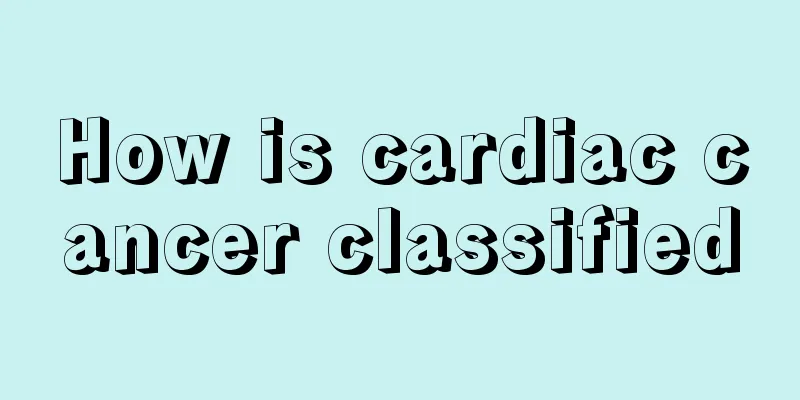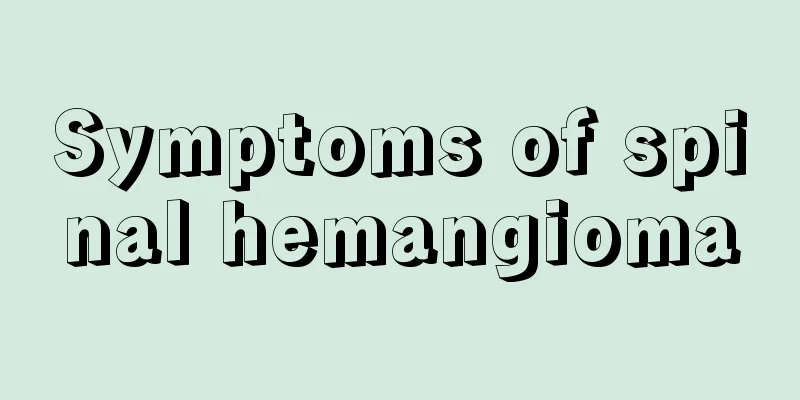Why is my scalp throbbing and hurting?

|
In fact, we often feel throbbing pain on our scalp in daily life. This is actually very normal. It is mainly caused by local damage to the scalp. In normal times, it is also caused by poor rest, mood swings, and too much stress. We must repair it in time, control our emotions reasonably, try to avoid the harm caused by these emotions to our bodies, and be sure to do timely prevention work. reason Vascular headaches are headaches caused by vascular factors, often causing throbbing pain due to pulses caused by heart contraction. There are many causes of vascular headaches. The first is high mental stress and a fast pace of life, which can easily lead to autonomic nervous system dysfunction and cause vascular headaches. In addition, high altitude hypoxia and intracranial vascular diseases (arteriovenous malformations, aneurysms, etc.) can all cause vascular headaches. examine During the migraine headache period, many patients experience nausea, vomiting, blurred vision, photophobia, phonophobia, etc., and prefer to live alone. Nausea is the most common accompanying symptom, accounting for more than half of the cases, and is often moderate to severe. Nausea may precede, occur during, or after a headache. Nearly half of the patients experienced vomiting, and some patients experienced significant relief from the attack after vomiting. Other autonomic dysfunctions may also occur, such as frequent urination, urination disorder, nasal congestion, palpitations, hypertension, hypotension, and even arrhythmia. Seizures involving the brainstem or cerebellum may cause dizziness, ataxia, diplopia, hearing loss, tinnitus, and impaired consciousness. Differential Diagnosis Differential diagnosis of throbbing headache: (1) Neuralgia: Headache caused mainly by mental or emotional factors or various stresses, such as common neurotic headache, hysterical headache, depression headache, tension headache (also known as muscle contraction headache), headache caused by anxiety, etc. This type of headache is often accompanied by various neuropsychiatric symptoms, such as palpitations, shortness of breath, anxiety, insomnia and forgetfulness. This type of headache has a long course, lasting for years and months. The time with headaches is longer than the time without pain, but the degree of headache is mild to moderate. (2) Headache after brain trauma: Headache is the main symptom, but there are also dizziness, fatigue, insomnia, mental tension, irritability, inability to concentrate and memory loss. The headache is usually on the injured side and may be tender. The nature of the headache can be throbbing or heavy, and it is usually persistent and is often aggravated by mental factors, physical labor, sound, noise, and bright light. The patient behaved very much like an agitated depressed patient. The severity and duration of the headache do not parallel the extent of the head injury. Neurological examination was normal, and EEG, CT, and MRI scans showed no abnormal findings. It may be related to shock, fear, mental concerns, etc. |
<<: What to do if your scalp is sunburned
>>: What is the reason for sweaty scalp
Recommend
How to treat wisdom teeth grinding against the inner wall of the mouth
Anyone who has had wisdom teeth knows the impact ...
What is the approximate recurrence rate of colon cancer
What is the recurrence rate of colon cancer? The ...
What are the genetic factors of fibroids
In many cases, we will suffer from fibroids due t...
What causes hot flashes and sweating?
Hot flashes are a very common phenomenon in life....
What are the means of detecting breast cancer?
At present, doctors mainly use the following meth...
What are the techniques for removing acne
Acne is also called pimples, blackheads, and faci...
What should women do if they have ovarian tumors? What are the treatments for ovarian tumors?
I believe that many women have experienced gyneco...
How to remove freckles with lemon
Freckle removal is something women often do. Ther...
Is cervical vertebrae in young people easy to treat?
Don’t think that cervical spondylosis only occurs...
Is esophageal cancer hereditary?
Many people know that some diseases tend to clust...
What to do if your nose is dry
In some dry seasons, many friends will feel dry n...
Several ways to massage the pancreas
A lot of practice has proven that massage can ind...
Can purslane cure flat warts?
Flat warts are a very disgusting skin disease tha...
Does CT scan have radiation?
CT is a common method of disease examination in o...
How are venous sinuses formed
When it comes to venous sinuses, many people don&...









